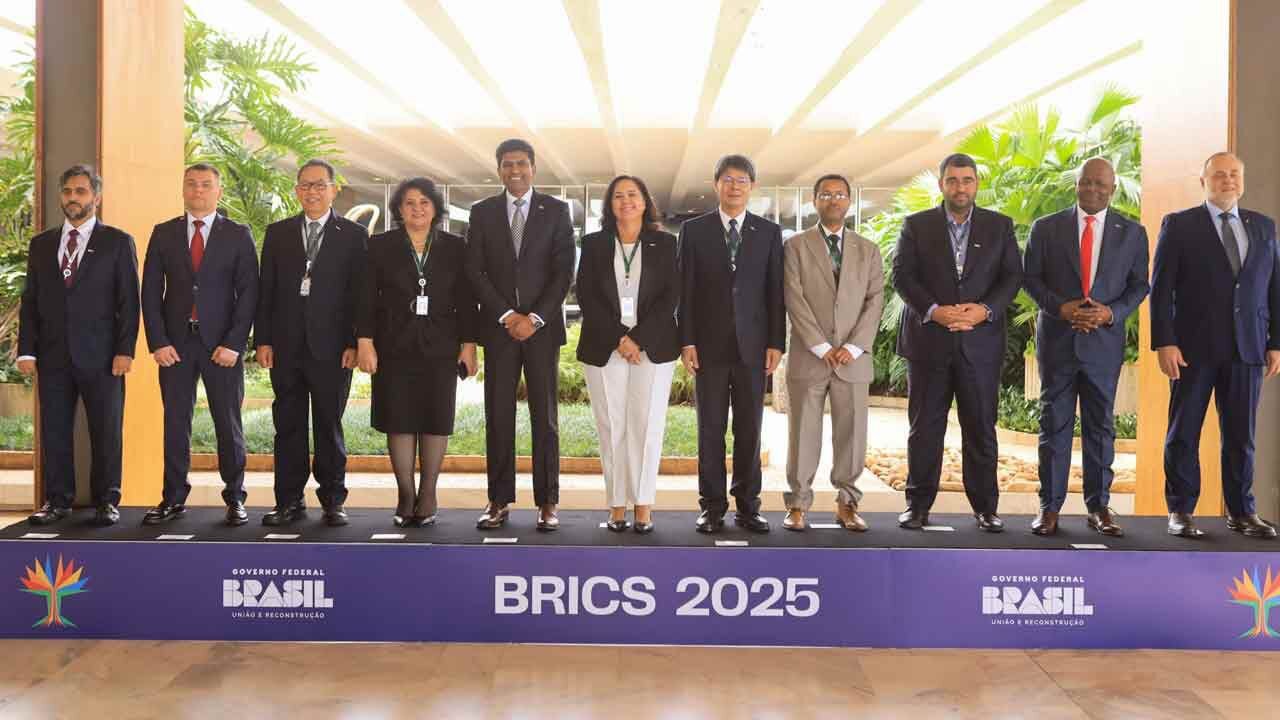
Similar Posts
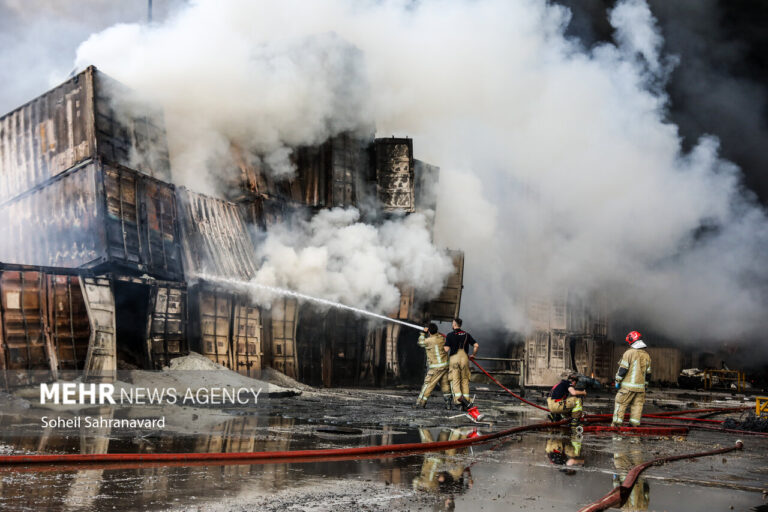
Pezeshkian Leads Urgent Crisis Management Meeting to Address Shahid Rajaee Incident
A massive explosion at Shahid Rajaee Port in Bandar Abbas on Saturday resulted in at least 28 deaths and around 800 injuries. President Masoud Pezeshkian visited the site, assessing damages and coordinating emergency responses with crisis management officials. The explosion’s cause is under investigation, potentially linked to stored chemicals. In response, Monday was declared a national day of mourning in Iran, with international leaders, including Vladimir Putin and Narendra Modi, expressing condolences. The tragedy highlights the need for swift governmental action and international support to assist victims and prevent future incidents in industrial settings.
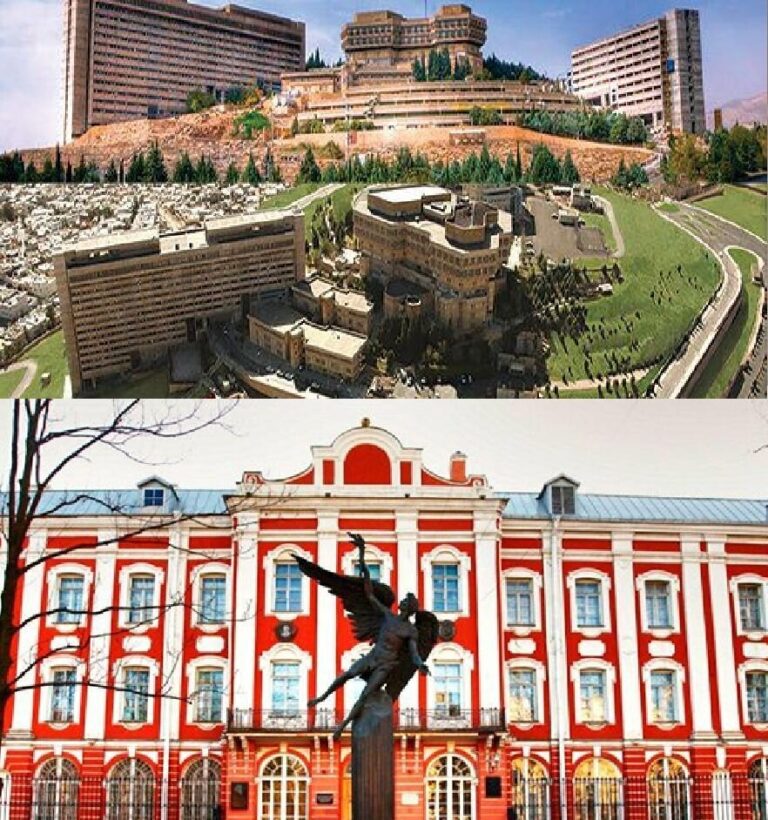
Shiraz and St. Petersburg Universities Unite for Innovative Joint Research Projects
Shiraz University and St. Petersburg University have launched a collaboration involving ten innovative research projects aimed at enhancing educational and cultural exchanges between Iran and Russia. The partnership includes student exchanges, scholarships for PhD candidates, and specialized training courses. In July 2024, they signed 12 memorandums of understanding, establishing centers at each institution to strengthen cooperation. A secretariat will facilitate communication for joint scientific projects, seminars, and cultural studies, promoting cross-cultural understanding. This collaboration reflects a commitment to advancing academic ties, technological innovation, and long-term relations between the two universities, benefiting students and faculty alike.

Iran Corridor: Your Secure Digital Gateway to Connectivity
The Iran Corridor 2025 event in Dubai highlighted Iran’s advanced communication infrastructure as a secure data transmission pathway, aiming to boost the region’s digital economy. ICT Minister Sattar Hashemi led a delegation from Iran, emphasizing the country’s capabilities and the need for regional cooperation among operators from 15 countries. The initiative promotes co-investment in interregional cable systems and connectivity, linking various regions via fiber optic networks. Discussions included geo-distributed data centers, Digital Free Zones, and advanced technologies like AI and cloud computing. Despite significant mobile internet growth, fixed broadband adoption in Iran remains low, indicating ongoing challenges in connectivity.
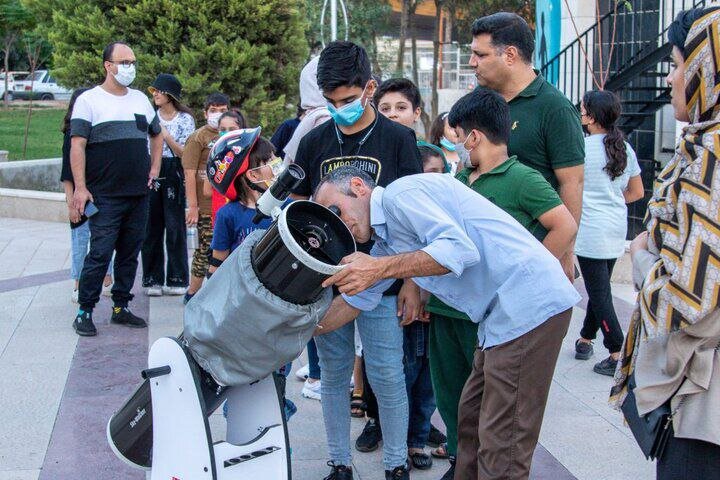
Celebrate the Cosmos: National Astronomy Week Kicks Off with Celestial Events!
National Astronomy Week will be held from April 28 to May 5, themed ‘The Night Sky, Education and Promotion of Science’. This initiative aims to enhance public appreciation for astronomy and its educational value. Iran will celebrate its Astronomy Day on May 2, coinciding with National Teacher’s Day. Unlike previous years, there will be no specific daily themes, allowing for creative event planning. Activities will include observation sessions, workshops, and exhibitions. The week encourages community engagement, aiming to inspire curiosity about the cosmos and promote lifelong interest in science. Mark your calendars for this enriching experience!
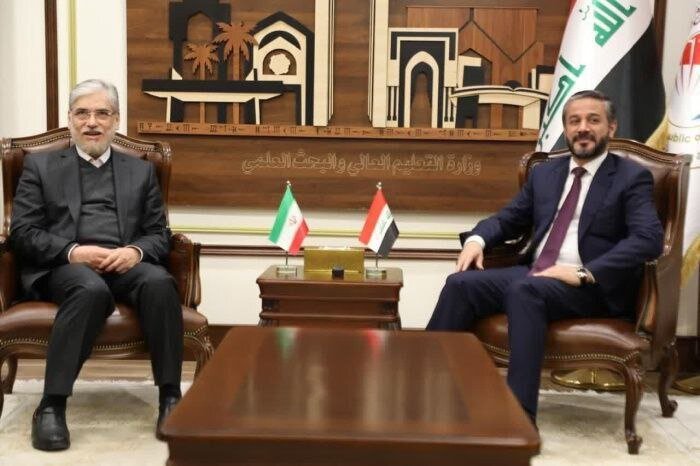
Baghdad Seeks Collaborative Educational Initiatives with Tehran for Enhanced Learning Opportunities
Iraqi Minister Naeem Al-Aboudi emphasized the need for academic collaboration with Iran, focusing on exchanging professors and students to enhance Iraq’s scientific infrastructure. In a meeting with Iranian Minister Hossein Simaei-Sarraf, they discussed Iran’s advancements in technology and the importance of joint research initiatives. The second Iran-Iraq Science Week aims to strengthen scientific ties, promote expertise sharing, and establish partnerships among over 60 universities. Following a successful inaugural event, multiple memorandums of understanding were signed, facilitating student exchanges, joint research, and collaboration in various fields, thus fostering a brighter future for both nations’ academic landscapes.
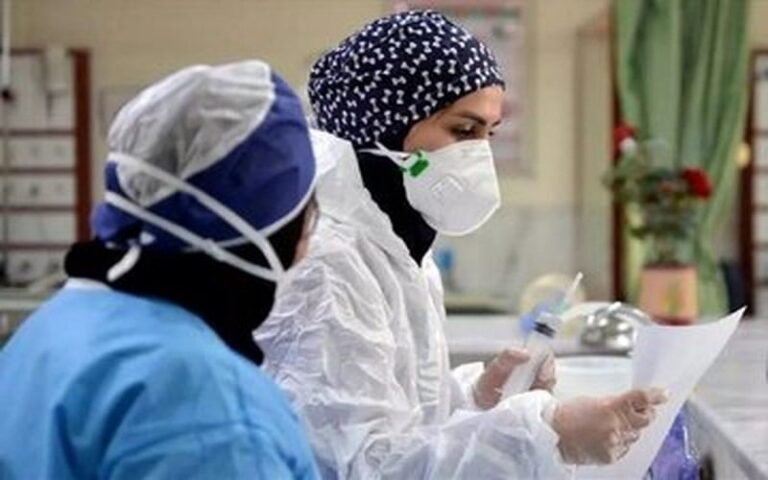
Facing a Nursing Crisis in Iran: Low Wages, Mass Migration, and Government Suppression
The nursing profession in Iran faces a severe crisis due to economic challenges and low salaries, with nurses earning only 14 to 15 million tomans (approximately $200) monthly. Many are forced to live in cars or cramped conditions, leading to a daily exodus of healthcare professionals. Rising rental prices have exacerbated the situation, prompting nurses to migrate to Tehran for better pay, further straining regional hospitals. Government repression against protesting nurses, including job suspensions, has intensified. The Iranian healthcare system is at risk of collapse, leaving millions vulnerable to inadequate care unless urgent reforms are implemented.